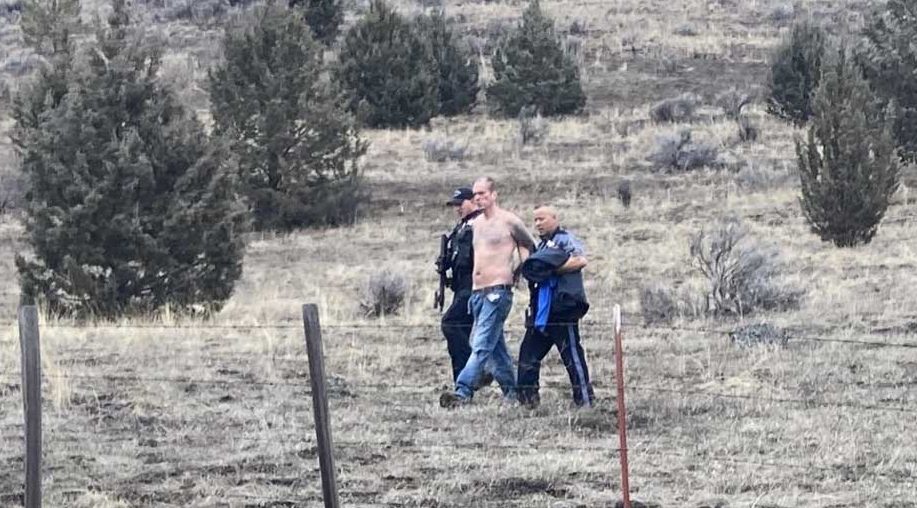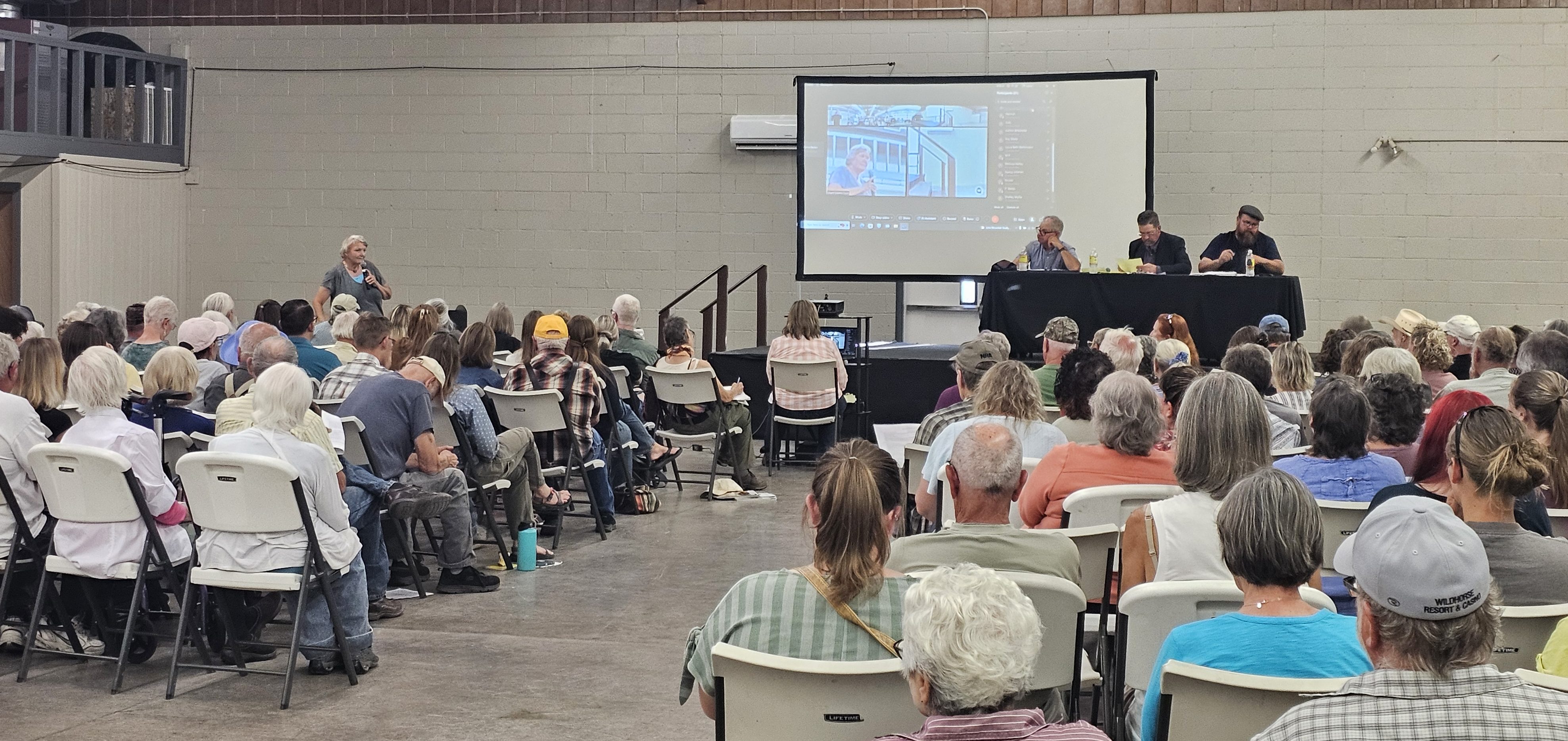Bill would cut zoning restrictions for on-farm weddings in Eastern Oregon
Published 8:30 am Thursday, January 26, 2023
SALEM — On-farm weddings would face different zoning rules in Eastern and Western Oregon under a bill meant to head off land use objections with a geographic compromise.
Trending
Though restrictions in Western Oregon would remain unchanged under House Bill 2487, the proposal still seems likely to encounter stiff resistance from farmland conservation advocates.
The bill draws the regulatory line along the summit of the Cascade Range out of political necessity, said Rep. Mark Owens, R-Crane, the bill’s sponsor.
“The justification was to try to have success in moving the bill forward,” Owens said during a Jan. 24 legislative hearing. “I would be willing to open it up further if we thought we had a clear path toward working this through.”
Trending
HB 2487 would allow weddings outright in “exclusive farm use” zones east of the Cascades in counties with fewer than 85,000 people.
The bill would allow farms to supplement incomes in areas that need more economic diversity, according to supporters. By implication, the bill excludes farmland where the change would be more likely to stir controversy.
“We want to give farmers and ranchers additional opportunities. What this does is put farms and ranches on more solid ground,” said Paul Anderes, chair of the Eastern Oregon Counties Association.
While it’s currently possible for landowners to seek conditional use permits to hold weddings in farm zones, existing regulations often block them from being approved, Anderes said.
Allowing weddings outright in exclusive farm use zones would reduce that uncertainty for growers who want to improve their finances by holding events, he said.
“We’ve been living in a depressed economy for way too long,” Anderes said.
Aside from offering couples a beautiful setting to start their lives together, on-farm weddings create additional revenues that farmers can invest in conservation projects, said Madeline Bean, whose family farms near La Grande.
Additional earnings from weddings also provide a means and an incentive to restore historic structures, such as century-old barns, that would otherwise fall into disrepair, she said.
“It is imperative for the survival of small family farms such as ours,” she said.
Despite HB 2487’s limited scope, the 1000 Friends of Oregon nonprofit and affiliated farmland conservation groups worry the change would be disruptive to agriculture.
“It is consistent with the trend toward chipping away of farm use in farm zones,” said Kathryn Jernstedt, president of Friends of Yamhill County.
Destination resorts are already available for outdoor events and are sited according to standards that took a great deal of time and energy to develop, she said.
“Farms are not the only scenic venue in the state of Oregon,” Jernstedt said.
On-farm weddings can already occur if the property has a conditional use permit for a home occupation, according to Mary Kyle McCurdy, deputy director of 1000 Friends of Oregon.
While county governments impose conditions on such events, they are usually “impossible to enforce” short of litigation that farmers are reluctant to initiate, she said in submitted testimony.
Common farm practices already provoke complaints about noise, dust and smells during celebrations, even as farmers endure traffic and other problems during the five-month wedding season, she said.
“The exclusive farm use zone is not a party zone,” McCurdy said.









